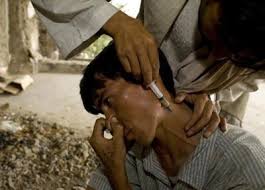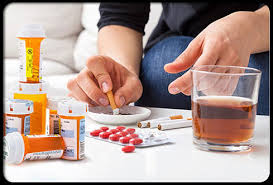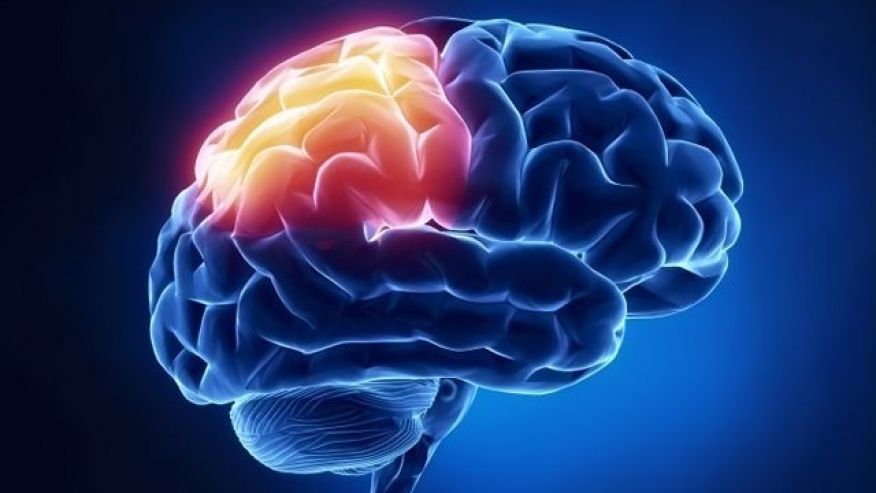Drug business triggers crime

Drug business triggers crime in all directions and must be stopped
Drug business triggers crime: Relating crime and legalized drugs
Drug business triggers crime not just in your neighborhood but it cut across all nations in the global market. There are organized drug cartels in many countries that use the proceeds of these to fund criminal activity which means that there is an ongoing battle between them and the authorities. Because of this, the debate that is going on is whether to legalize the use of these drugs or not. Supporters of this school of thought say that it would reduce crime since addicts would not have to resort to criminal behavior to fund their habit. The costs of drugs could be controlled and set a rate which addicts could afford without having to steal in order to do so. Plus these drugs could be taxed and the revenue from these used to fund drug rehabilitation treatment.
There is also the possibility that doing this will lessen the attraction. Many of us enjoy something which is considered to be ‘forbidden fruit’ and part of that attraction is the knowledge that what we are doing has an element of risk. However, opponents of this claim that it would lead to many more addicts, which would place an extra burden on taxpayers, the authorities and the State as a whole. What do you do with people who are addicted to committing an offense? They may or may not be addicted to drugs but they still have an addiction, which in this case is committing a crime. There is no easy answer to this and a lot is still being done primarily to find a lasting solution to this problem. Nonetheless, the questions being raised are very fundamental and cannot just be ignored. And while that debate is still on, if you or any of your friends is struggling with any kind of addiction, this is a disease which needs to be addressed promptly. Professionally, doctor Dalal Akoury MD is a veteran addiction expert for more than two decades and has been helping many patients across the globe. You can schedule an appointment with her today to help you in addressing this great calamity in your life.
Drug business triggers crime: Addiction and crime prevention measures
Crime is normally first propagated in the mind before its execution and so the wellness of the mind is a perfect remedy for everyone. And while we appreciate that drug addiction is well connected with the crime, the two can be separated and dealt with individually. It will be an uphill task for the authority to ensure that drug barons are arrested because many of them are always walking free while their little clients are the ones being arrested and when they are arrested, they have the resources to buy their way out into the street again. This element of corruption must stop for our society to be safe. Therefore, the option of treatment is the best and it will need experts for it to be helpful to the addicts. And like we had stated above, you can consider calling Dr. Dalal Akoury for the commencement of your recovery journey into perfect and productive life away from all substance of abuse now.
Drug business triggers crime: Relating crime and legalized drugs









